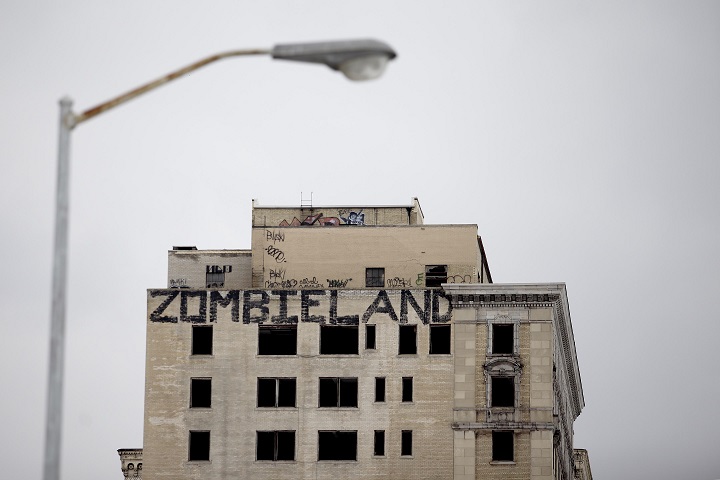DETROIT – Several groups concerned about Detroit residents who had their water shut off for nonpayment have taken the unusual step of appealing to the United Nations for support in an effort to force the restoration of service.

The organizations sent a letter last week to the U.N. Human Rights Office of the High Commissioner saying mass water shutoffs are leaving poor people and families at risk in the city, which is attempting to emerge from the largest municipal bankruptcy in U.S. history.
Three U.N. experts responded Wednesday that the shutoffs could constitute a violation of the human right to water.
“Disconnections due to non-payment are only permissible if it can be shown that the resident is able to pay but is not paying,” human right to water and sanitation expert Catarina de Albuquerque said in a statement issued from the United Nations in Geneva. “In other words, when there is genuine inability to pay, human rights simply forbids disconnections.”
What the U.N. might do beyond that was unclear. De Albuquerque can make recommendations and lend moral weight because she is independent, but she has no enforcement power. She can engage directly with a government about complaints, but those exchanges are confidential until she makes a report to the Human Rights Council. De Albuquerque also noted in a 2011 report that the U.S. has signed, but not ratified, many of the relevant treaties on the right to safe water access.
The groups that wrote to the United Nations – Blue Planet Project, Food & Water Watch, Detroit People’s Water Board and the Michigan Welfare Rights Organization – are also concerned about any possible privatization of the city’s water department.
Detroit’s water department, which is responsible for about $6 billion of the city’s $18 billion in debt, is one of the major issues in the bankruptcy. But unlike some debt that is not supported by revenue streams, water department debt is covered by bill-paying customers.
Earlier this year, the Detroit Water and Sewerage Department said it would be more assertive toward delinquent customers. About 46,000 shut-off notices were mailed out in May and service to 4,500 customers was cut over the past few weeks.
Of the customers shut off, “more than half of those came into the office and paid the accounts in full” within a day or two, department spokeswoman Curtrise Garner said. About 17,000 customers currently are on payment plans.
“If people are being proactive, we work with them,” Garner said. “But if we don’t hear anything, we don’t know if they are not paying or if they won’t pay.”
About 90,000 active customers in Detroit are delinquent on their bills to the tune of about $90 million, she added.
Tom Stevens, a member of the Detroit People’s Water Board, said the groups approached the U.N. hoping to get “international legal recognition of the violation of human rights.” The letter calls for the city to immediately restore water service and abandon any further cutoffs.
Detroit’s water department serves about 700,000 city residents and 4 million people in southeastern Michigan. Detroit sells its water service to suburban communities, which then bill their residents for it.

Comments